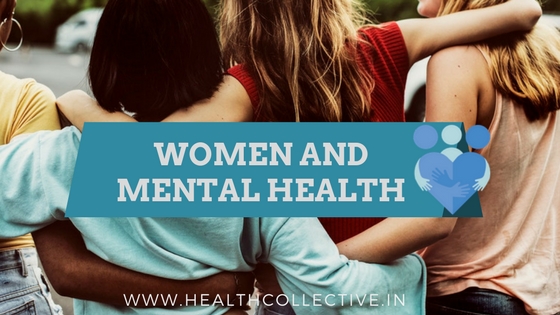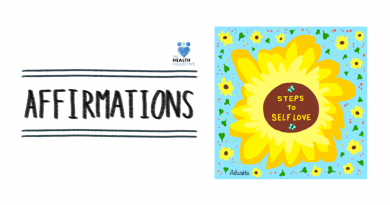Mental Illness, Stigma and Gender Stereotypes
By Shubhrata Prakash
Mental illness is tough on everyone, men and women, and even tougher on children; and so is the social stigma surrounding its various forms. No one has it easier simply because they are a man or a woman. However, there do exist gender-based differences in the way families and society, and even the sufferers themselves perceive the affliction.
ALSO READ: YOUR STORIES, D IS FOR DEPRESSION
Much of the stigma arising from mental disorders can be attributed to the fact that there is little to no awareness about their real nature. Society believes that mental disorders are choices that ‘weak’ people make. Few are willing to take a moment to understand that mental disorders are as real as physical ones, with documented changes in the brain’s structure, electrical activity and chemistry; and that no one, least of all the person suffering, has chosen to have that condition.
STIGMA AND STEREOTYPES
I think that men find it more difficult to open up and talk about their mental suffering, or even to accept their diagnoses, as doing so would be accepting that they are not ‘man enough’ or are not able to ‘man up’, as per social stereotypes. Consequently, many precious lives are lost to suicide, which could be saved if society were to become more educated, more enabling, and tolerant towards those with mental disorders.


Art by Kishore Mohan/ Health Collective
Women, on the other hand, open up more easily about their symptoms – but chances are that they may not be taken seriously.
‘Women always cry’ as we keep hearing… so who would take a crying woman seriously? Women are also often labelled ‘Drama queens’ or ‘hormonal’ if they display any emotion which society deems excessive. ‘Over-emotional’, ‘highly sensitive’, ‘can’t get over herself’ etc are some statements that are often heard about women.
In such a scenario, signs and symptoms of mental illnesses, in particular Major Depression or Bipolar Disorder, often get missed, because low and unpredictable moods are what these disorders bring, much like high temperature is what fever brings.
Women with mental disorders do face many dimensions of social stigma arising from existing gender stereotypes. Sometimes, mental disorders are seen as an excuse that women use for shirking work and responsibilities. Often, despite struggling with a serious mental disorder and the disability it brings, women are left to shoulder all family responsibilities, as families do not understand how real such disability is, and traditional familial structures discourage men from sharing household responsibilities.
Society also labels all mental illnesses as ‘madness’. Being labelled ‘mad’ is another fear that keeps both men and women from seeking help for their condition, or even accepting it.
ALSO READ: YOUR STORIES, COGNITIVE BEHAVIOURAL THERAPY AND DEPRESSION
Most ‘mad’ people have difficulty finding employment or getting married. Let’s not forget this is a society which looks for ‘perfection’ in our brides – read tall, slim, milky-white complexioned, and flawless (ie not ‘mad’). It’s a society which prescribes marriage as a ‘cure’ for every perceived ‘ill’, including mental and developmental disorders, but even non-heteronormative behaviour! The unbearable societal pressure feeds the stigma, leads to denial, and is a very real force preventing people from expressing themselves or getting help. While it might be easier for a married woman to reach out for treatment, given a supportive spouse, a young girl may just be left to fend for herself, with her family ‘hushing things up’, all because of social stigma.
Financial Concerns and Access to Help
While things are changing for the better for educated and affluent families, as far as awareness and access to help is concerned, poor and uneducated families tend not to have the resources required to deal with mental illnesses. A family that finds it difficult to take care of even their able-minded, may not be able to attend to the special needs of the mentally ill. Discrimination against girls here can be another factor in terms of access to help.
There are many ways out of the hell of social stigma, and each of these streets passes through the same landmarks – education and awareness about mental illnesses, coupled with a health care system that makes mental health facilities accessible, affordable and most importantly, acceptable.
Shubhrata Prakash is an IRS officer, and author of ‘The D Word: A Survivor’s Guide to Depression’ (Pan Macmillan India, 2016). Read an excerpt here.
Disclaimer: Material on The Health Collective cannot substitute for expert advice from a trained professional
If you would like to share your story, do write to us here or tweet us @healthcollectif





Pingback: The Law and You: Mental Health in India
Pingback: Ask the Experts: A Psychologist’s Journey
Pingback: The Phantom Pain Monster: My Battle with PTSD and Fibromyalgia
Pingback: Avoid Stereotypes, Navigate Your Way to Mental Health